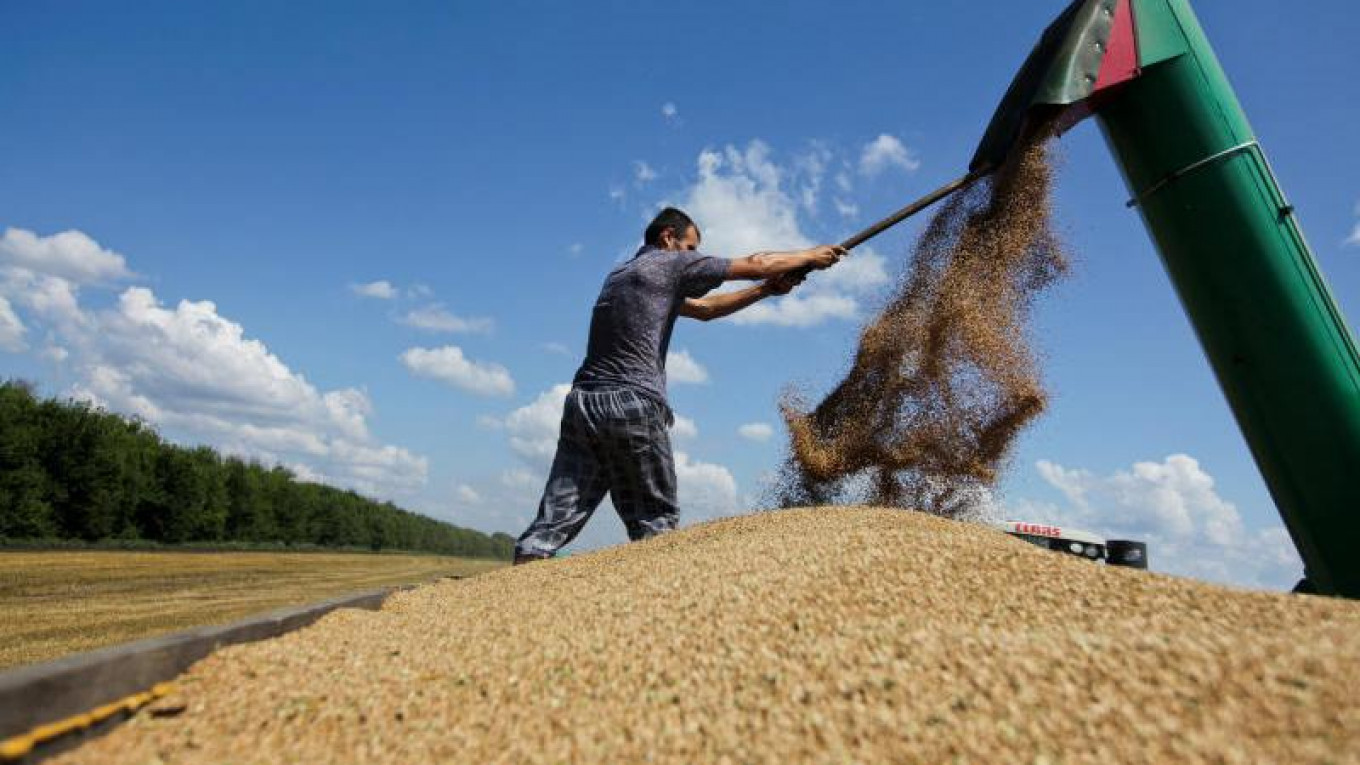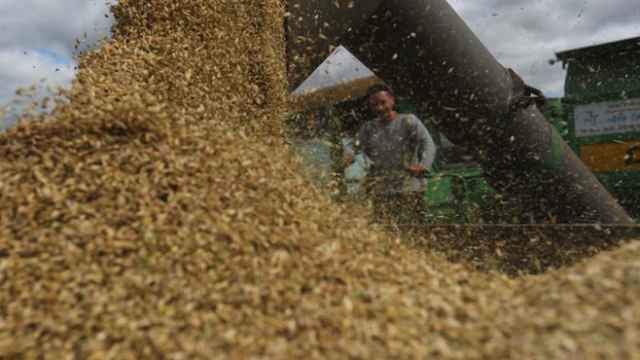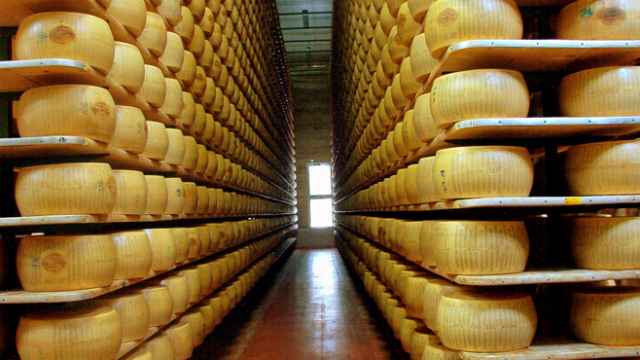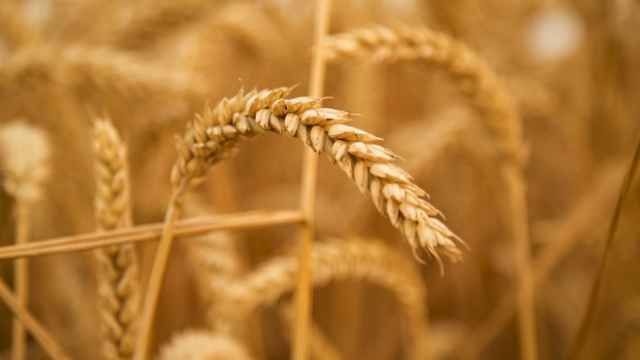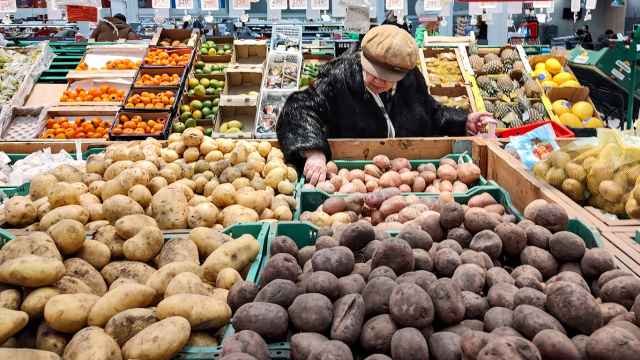Russia may harvest between 114 and 116 million tons of wheat this year, a record for post-Soviet Russia, the head of the Russian Grain Union (RGU) Arkady Zlochevsky said Tuesday, the TASS news agency reported. For Russian farmers, who have been suffering from losses for over a year due to new legislation, the bumper harvest will most likely be nothing but bad news. Grain storage capacity will be put under strain and prices will continue to fall.
In 2014, the Russian government introduced a new export duty on Russian wheat, requiring exporters to pay 50 percent of the wheat's customs value minus 6500 rubles ($100). This policy meant Russian wheat farmers incurred a total loss of 50 billion rubles ($780 million) in 2015. The export duty has continued to put pressure on farmers this year, with farmers already reporting a loss in revenue of 30-40 billion rubles.
Falling grain prices this summer are likely to make 2016 even more difficult for farmers. Zlochevsky said that since July, the price of Grade 3 wheat has dropped by by 2600 rubles ($40). The average price is currently 9000 rubles ($140) per ton.
This presents a serious risk to Russian farmers, as the cost of production is around 8000 rubles per ton. If grain prices are driven down further by the size of this year's harvest, Russian farmers may default on their loans en masse.
Storage also presents a possible issue for grain producers. If production exceeds 115 million tons, Zlochevsky reported, there may be a deficit of storage space in certain regions. Proper storage is essential for preserving the quality of grain before it is sold.
Many countries that import Russian grain are becoming more stringent with their quality control. 33,000 tons of Russian grain were held up in the Egyptian port of Damietta on Tuesday, as the Egyptian government implemented a new law forbidding the offloading of cargo without extensive testing for the Ergot fungus.
Dubious storage conditions in Russia may increase expensive quarantines in foreign ports, providing yet another unwelcome difficulty for Russian farmers.
A Message from The Moscow Times:
Dear readers,
We are facing unprecedented challenges. Russia's Prosecutor General's Office has designated The Moscow Times as an "undesirable" organization, criminalizing our work and putting our staff at risk of prosecution. This follows our earlier unjust labeling as a "foreign agent."
These actions are direct attempts to silence independent journalism in Russia. The authorities claim our work "discredits the decisions of the Russian leadership." We see things differently: we strive to provide accurate, unbiased reporting on Russia.
We, the journalists of The Moscow Times, refuse to be silenced. But to continue our work, we need your help.
Your support, no matter how small, makes a world of difference. If you can, please support us monthly starting from just $2. It's quick to set up, and every contribution makes a significant impact.
By supporting The Moscow Times, you're defending open, independent journalism in the face of repression. Thank you for standing with us.
Remind me later.


